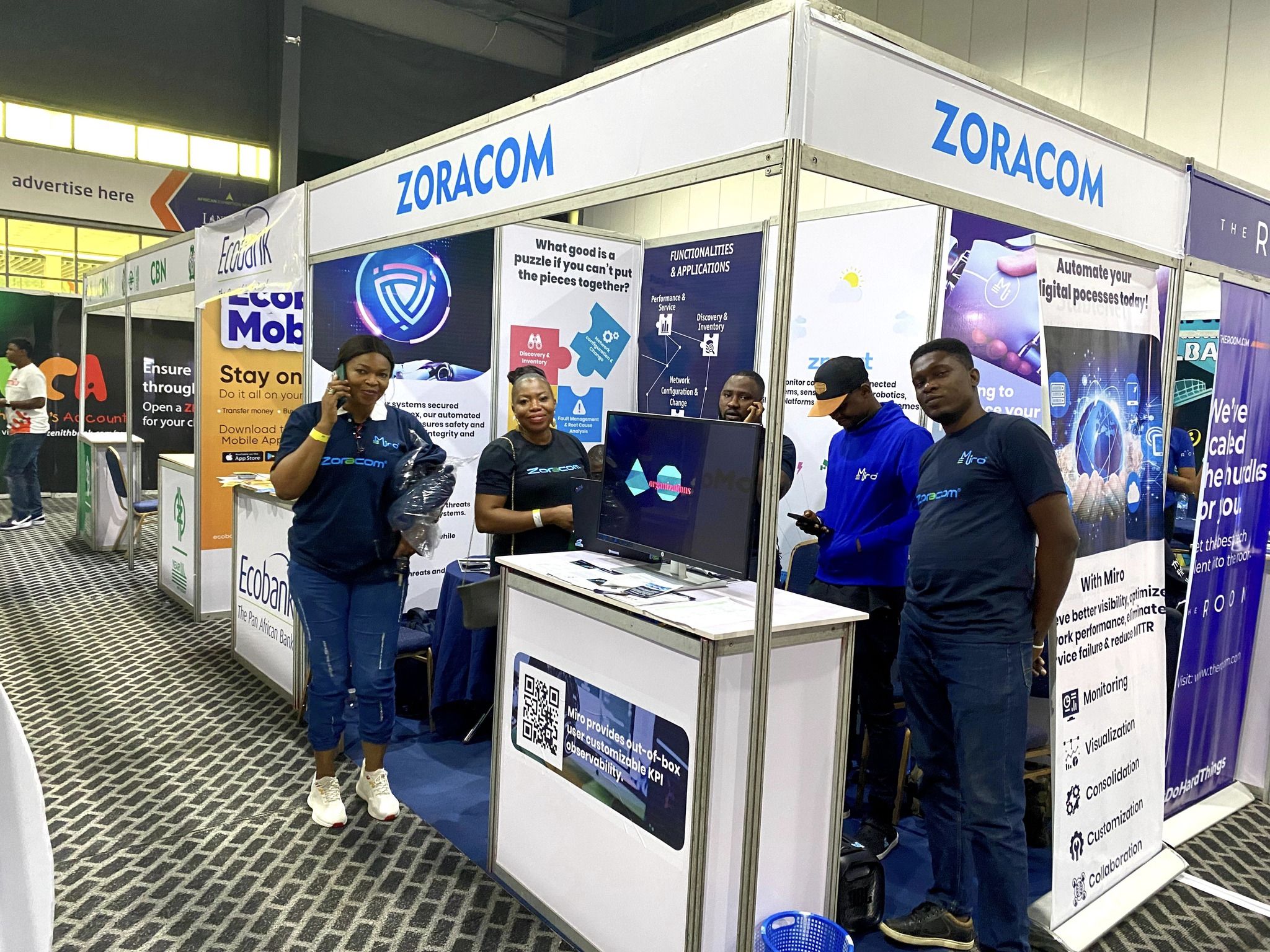CyberDome, West Africa’s leading Managed Security Services Provider (MSSP), has announced a collaboration with Cato Networks, the SASE leader ,to deliver Secure Access Service Edge (SASE) across the region.
The collaboration has been described as a game changer for organizations in West Africa, delivering the Cato SASE Cloud Platform —which converges networking and security in a single, cloud-native platform through CyberDome’s always-on, locally managed Security operations Center (SOC). The result: a modern,secure-by-design infrastructure built for today’s cloud-first world.
“We’re blowing past the limitations of traditional IT,” said Eyal Titinger, Co-founder of CyberDome. “This collaboration brings together global technology and local expertise to deliver seamless, secure, and scalable connectivity—exactly what West Africa’s fastest-growing enterprises need.”
Goodbye Boxes. Hello Cloud Power.
This collaboration empowers organizations to eliminate legacy hardware and embrace agile, software-defined infrastructure. Benefits
include:
● Real-time, secure connection of users, offices, and cloud
resources across geographies.
● Built-in zero trust and SASE security to protect every edge.
● Simplified IT management and fast, uncompromised scalability.
As West African enterprises accelerate digital transformation and hybrid work models, CyberDome and Cato Networks are uniquely positioned to support their journey—providing a platform that combines agility, security, and simplicity at scale.Built for the Realities of West Africa From major financial institutions and government agencies to telcos and critical infrastructure providers, this collaboration addresses the region’s unique challenges with a bold, unified approach.
“This is about unleashing innovation and growth without the fear of cyber risk,”said Eyal. “It’s security and performance in one bold move.
CyberDome is West Africa’s leading Managed Security Services Provider (MSSP), delivering real-time cyber defense, threat intelligence, compliance support, and 24/7 monitoring from its cutting- edge SOC in Nigeria. With deep local roots and global reach,CyberDome is redefining how African enterprises stay secure in a digital world.














